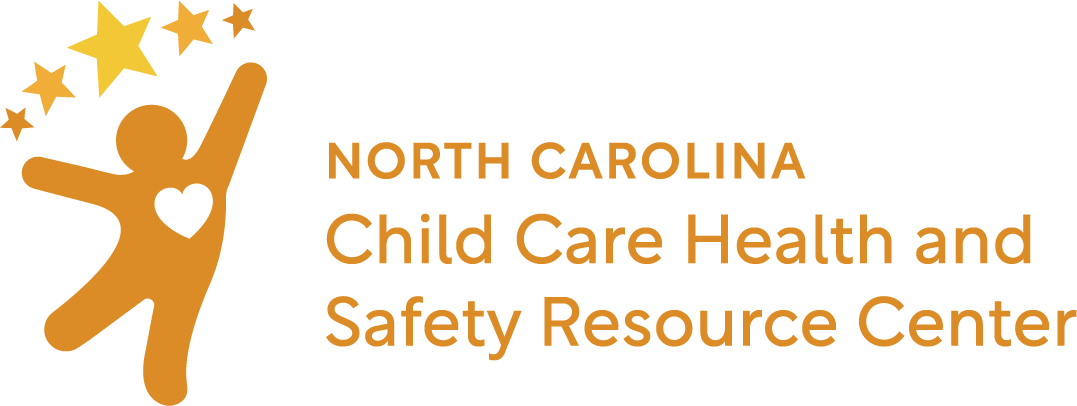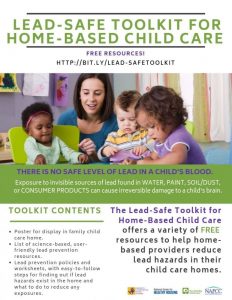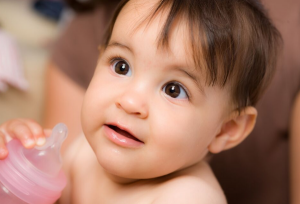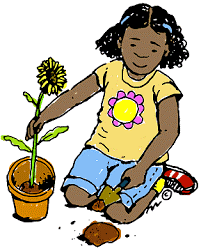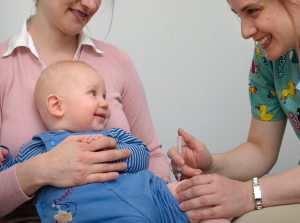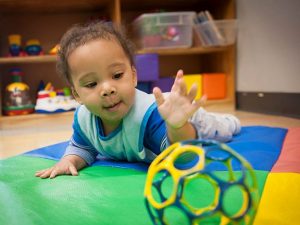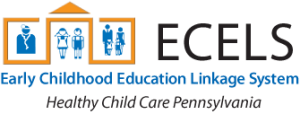
Information from the Healthy Child Care Pennsylvania ECELS Program
A recent study in Pediatrics, “Infant Deaths in Sitting Devices,” reviewed the safety of infant sitting devices. The study found over 300 sleep-related infant deaths from 2004-2014 happened in car seats, strollers, bouncers, swings, and other infant seats. Most sleep-related infant deaths in sitting devices occurred in car seats. Incorrect use of car seats led to most infant deaths in this type of device. Sleep-related infant deaths in sitting devices were more likely to happen when an infant was supervised by a caregiver or child care provider.
Car seats are safe and effective for infant travel. Always remove an infant from a car seat after traveling. It is OK if an infant falls asleep in a car seat while traveling. Transfer sleeping infants from a car seat to a safe sleep environment, such as a crib. If an infant is in a sitting device and falls asleep, move the child to a crib.
Avoid using sitting devices as a substitute for a crib, bassinet, or portable crib/play yard. Sleeping in a seated position can restrict breathing and may lower blood oxygen levels in infants. Injuries and death have occurred when sitting devices fall from a surface or when straps entrap body parts.
Follow national best practice standards to prevent sleep related deaths in group care settings. Review recommendations in Caring for Our Children Standards 2.2.0.2: Limiting Infant/Toddler Time in Crib, High Chair, Car Seat, Etc, and 3.1.4.1: Safe Sleep Practices and Sudden Unexpected Infant Death (SUID)/SIDS Risk Reduction. Check your early care and education (ECE) program’s policies and procedures to make sure infant sitting devices are used safely.
Key Messages for ECE Program Staff and Families:
- Use sitting devices for their specific purpose, for example, transporting, feeding or playing. Avoid having infants sleep in car seats, strollers, bouncers, swings and other infant seats.
- If an infant arrives at the ECE program sleeping in a car seat, move the child to a crib.
- Always put infants alone on their back for every nap or sleep time in an individual, safe crib.
- Limit sitting in a high chair or other equipment that restricts movement indoors or outdoors to no more than 15 minutes. This time can be longer for feeding or while traveling in a vehicle. Infants need to be free to develop physical skills, explore the environment and interact with peers and adults.
Share this information with families too!
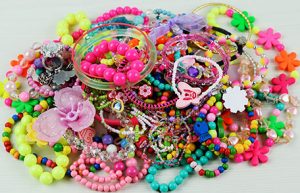 Protect children from exposure to lead in metal and plastic toys, especially imported toys, antique toys, and toy jewelry.
Protect children from exposure to lead in metal and plastic toys, especially imported toys, antique toys, and toy jewelry.